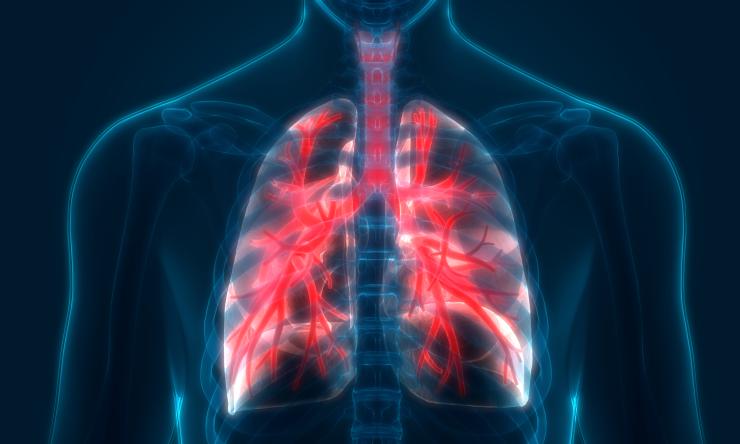Mode of intraoperative support impacts primary graft dysfunction after lung transplant
In a study to identify the impact of different types of procedures for lung transplantation and the development of complications after transplantation, an international consortium of researchers led by surgeons at Baylor College of Medicine found that the off-pump approach results in a significant reduction in primary graft dysfunction, a serious complication that occurs when the new lung develops inflammation within the first three days of transplantation. Their findings were published recently in the Journal of Thoracic and Cardiovascular Surgery.
The off-pump approach occurs when the lung is removed from the recipient and their own heart and opposite lung can sustain them while the surgeon transplants the new lung, according to Dr. Gabriel Loor, associate professor in the Michael E. DeBakey Department of Surgery at Baylor and first author of the paper. However, not all patients qualify for an off-pump approach, and the study found that in those cases, the use of an extracorporeal membrane oxygenation (ECMO) machine leads to better outcomes compared to cardiopulmonary bypass.
“While lung transplantation saves the lives of thousands of patients worldwide every year, there continues to be room for improvement in the outcomes following transplantation,” said Loor, who is surgical director of the Lung Transplant Program at Baylor St. Luke’s Medical Center.
Loor and colleagues developed the consortium to answer the question of how to improve short-term outcomes of lung transplantation by choosing the appropriate mode of support.
In this study, they analyzed 852 transplants performed between January 2016 and March 2020 and found that 12.1% of the off-pump transplants resulted in severe primary graft dysfunction whereas 28.9% of ECMO and 42.7% of cardiopulmonary bypass transplants resulted in severe primary graft dysfunction.
“These findings are important for future lung transplants because they address the most common cause of major complications, which is primary graft failure,” Loor said.
Others who took part in the study include Dr. Stephen Huddleston and Michelle Landeweer with the University of Minnesota Medical School; Dr. Matthew Hartwig and Dr. Brandi Bottiger with Duke University Health System; Dr. Daoud Daoud, Dr. Qi Wei and Dr. Qianzi Zhang with Baylor College of Medicine; Dr. Fabio Ius with Hanover Medical School; Dr. Gregor Warnecke with Heidelberg University Hospital; Dr. Mauricio A. Villavicencio and Brianna Tirabassi with Massachusetts General Hospital; Dr. Tiago Noguchi Machuca and Dr. Satish Chandrashekaran with University of Florida; Dr. Dirk Van Raemdonck, Dr. Anna Elisabeth Frick and Dr. Arne Neyrinck with University Hospitals Leuven; and Dr. Yoshiya Toyoda and Dr. Mohammed A. Kashem with Temple University School of Medicine.
Funding for the study came from the American Association of Thoracic Surgeons Graham Foundation.











